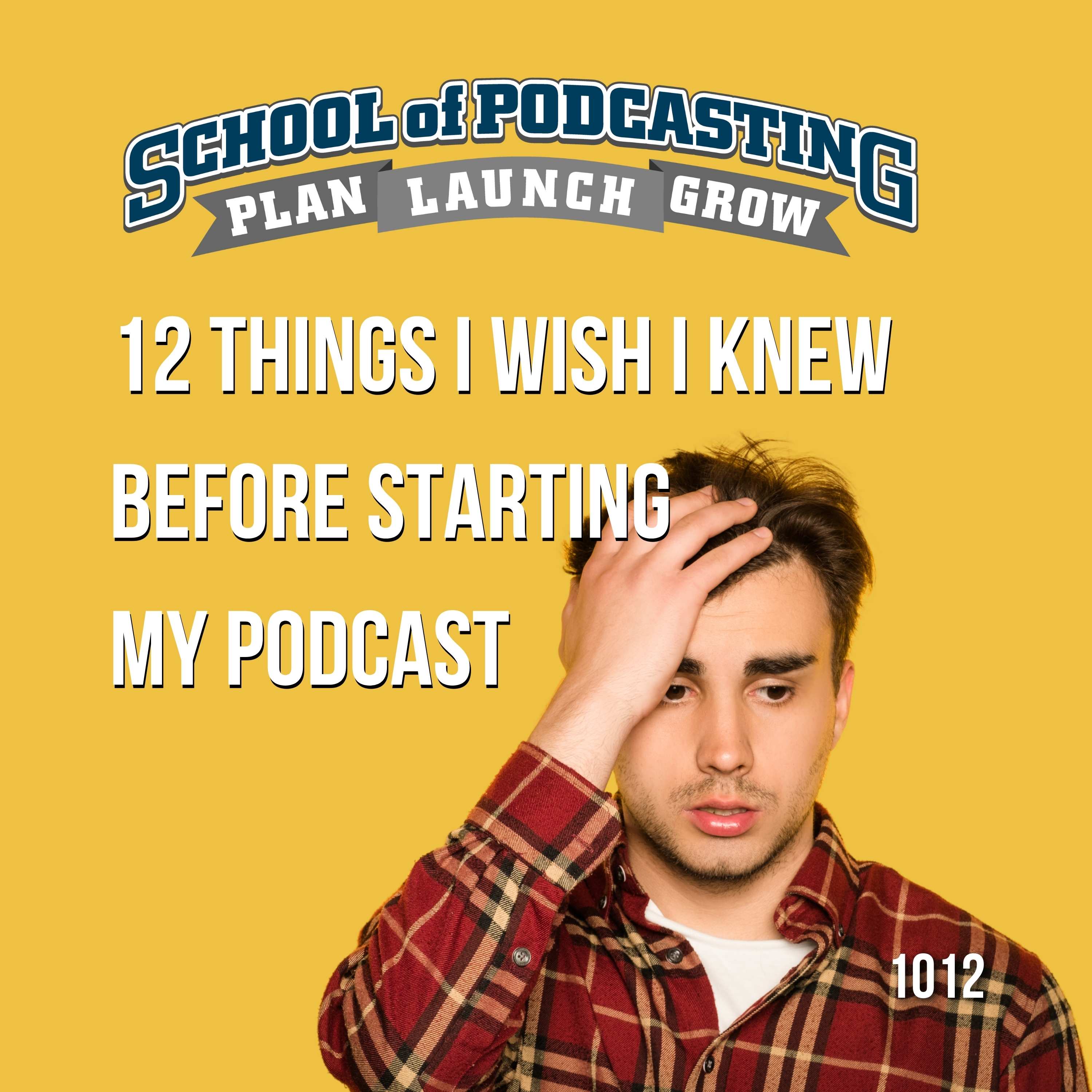Six Strategies To Make Your Podcast Interesting

If you want to hold someone's attention you first need to know who they are and what they need. Then we hear that people's attention span keeps getting smaller. Is it? Today I look into attention spans, and what makes things interesting.
I asked my audience what thought made things interesting. Thanks to everyone who contributed including:
Craig From http://www.inglespodcast.com/
Thomas from www.novelmarketing.com
Harris from Wild Talk (XFL Podcast)
Orlando from www.hablandodetecnologia.com/
Carey from Podcastification
Andres from Colmillo Roquero
Brandon from Florida Focus Podcast
Bill from the Stroke Cast
Kim from the Pharmacist's Voice
Sean Whaley from Tourpreneur, Spybrary and Radio GDR
Full show notes at www.schoolofpodcasting.com/742
ConclusionIt's not that attention spans are getting smaller (they are not) but more our ability to know what we want and identify when we are NOT going to get it has grown. Know your audience, and give them what you want. Be your honest, transparent, vulnerable self to hold their attention. Use tools like your voice, your pacing, to grab their attention. Never stop your passion from coming out. Let people hear your passion.
Keep in mind you are somewhat doomed. If you stay 100% consistent, your audience may get bored. If you branch out and try new things, you may upset those who want the show to never change. I know... so be ready to embrace that no matter what you do - some people will leave.
Include any of these six to be more interesting:
- Tone of voice
- Pacing
- Passion
- Stories
- Autonomy
- Vulnerability
Start Your Podcast Today - Join the School of Podcasting
When you join today you can immediately start taking the online courses and:
- Enjoy step by step tutorials
- Live group coaching
- Private Facebook group filled with other brilliant podcasting minds.
Join worry-free with our 30-day money-back guarantee.
Mentioned In This Podcast00:00 - Untitled
01:48 - What Is Interesting?
17:05 - Shane Whaley From Yourpreneur on the SOP
19:14 - Do We Have Short Attention Spans?
21:53 - The Length of the Top 200 Podcast Episodes
22:50 - Attention Spans are Not Down - BS Detectors Are Up
23:54 - There are More Options
24:25 - Step 1 Know Your Audience
27:17 - What is Interesting?
27:33 - Tease It Up a Bit
28:46 - Use Your Voice
29:29 - Let the Passion Flow
31:00 - Tone of Voice
31:39 - Be Autonomous
34:47 - Apple and Autonomy
35:34 - Be a Maverick
42:06 - Vulnerability
45:48 - Attention Can Be Seasonal
47:14 - Use Stories to Make Points
48:35 - The No Win Situation of Attention
53:05 - What Did We Learn?
54:42 - Bloopers
55:40 - Pausing Questions of the Month

